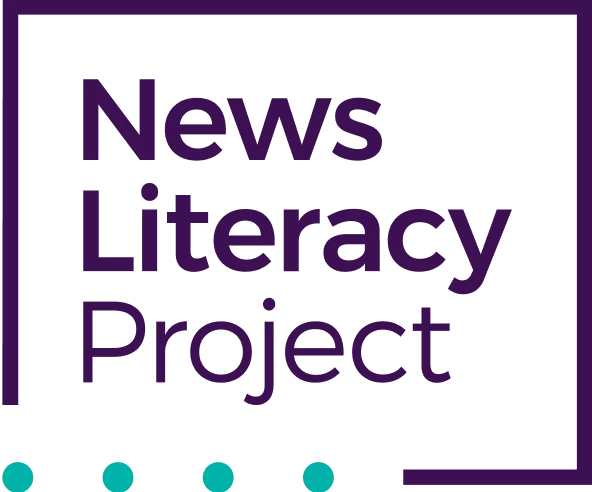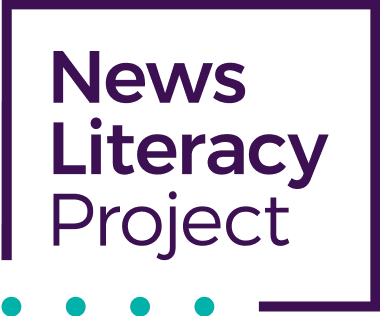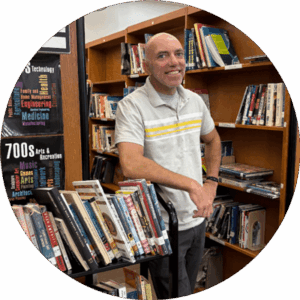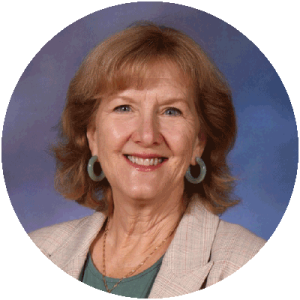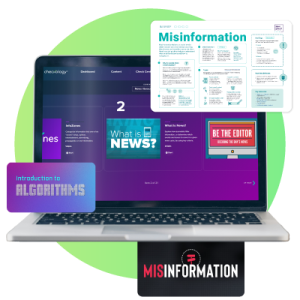Georgia student sees impact of news literacy education
As the COVID-19 pandemic began delivering a surge of misinformation to our social media feeds and inboxes, a student in Denise Wood’s Honors World Literature and Composition class emailed her.
“I thank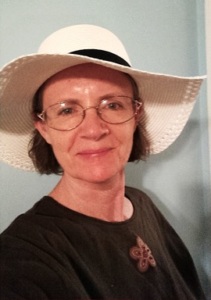 you for teaching us about misinformation last semester. It has helped a ton in recent days as I see loads of false claims, pseudoscience, and logical fallacies,” sophomore Afnan Ahmad wrote regarding his fall 2019 news literacy instruction.
you for teaching us about misinformation last semester. It has helped a ton in recent days as I see loads of false claims, pseudoscience, and logical fallacies,” sophomore Afnan Ahmad wrote regarding his fall 2019 news literacy instruction.
Wood, an educator at Union Grove High School in McDonough, Georgia — outside Atlanta — teaches news literacy using the Checkology® virtual classroom. “I had become very concerned about the credulousness I noticed in my students. They often seemed to believe that if something was published, it must be true,” she says.
But she was not surprised to see Ahmad apply what he learned to critically assess information about COVID-19. “Afnan is a very committed student who is intensely curious about the world,” she says. He was definitely engaged (in Checkology) from the get-go. He asked questions in class and came up with several relevant examples.”
Ahmad says Checkology helped him to learn how to filter online content and be more discerning. “The unit really taught me how I should be aware of what I’m exposed to on Instagram and Twitter,” he says. “So much information is created to scare someone and instill hatred.” Previously, Ahmad said he assumed all news sources were credible.
And throughout this pandemic he has seen plenty of dubious content. “It’s a problem especially for more vulnerable populations,” Ahmad says. “A lot of family back in Bangladesh, where my parents are from, they don’t have the exposure to information we have. They might see a fake cure and believe that.”
Helping others
He also helps his parents view social media content with more skepticism. For example, regarding posts from impostor websites that mimic legitimate news outlets, he demonstrates the steps he follows to verify credibility. These include examining the source, checking for biases and considering them, and looking at how other sites report the same information.
And he does the same with peers, especially regarding COVID-19. “For the most part, I’m the one educating my friends about it. They are often surprised that everything they see is contradicted. It is hard to keep up with the information and the contradictions.”
Still, some of what Checkology taught Ahmad is less tangible. “It makes me have a sense of confidence that I’m looking at the correct post and correct source and can help my family and people around them.”
International perspective
Ahmad travels widely and brings an international perspective to his news consumption. “News stories in other countries focus on global news, but in the U.S. we focus on domestic news,” he says. “We have a focus on empowering ourselves.” Other countries focus internally, but also pay attention to what’s occurring around them, Ahmad observes. “It’s important for me to have all those perspectives.”
He also has a strong interest in propaganda, content that distorts and manipulates facts and information. Wood covers that topic in class. “I’ve combined the Checkology lessons with a larger unit on propaganda, which I connect with both current events and literature,” she says. “We usually use this concurrently with reading Animal Farm.”
And he said he is more attuned to spotting propaganda. “Now I know even a public announcement can be bias and propaganda. It’s not straightforward, and it can be subconscious in really subtle ways.”
And he expects to apply news literacy skills as he considers a career in medical research. “It has a grounding in what I’ve learned about information being credible.”
